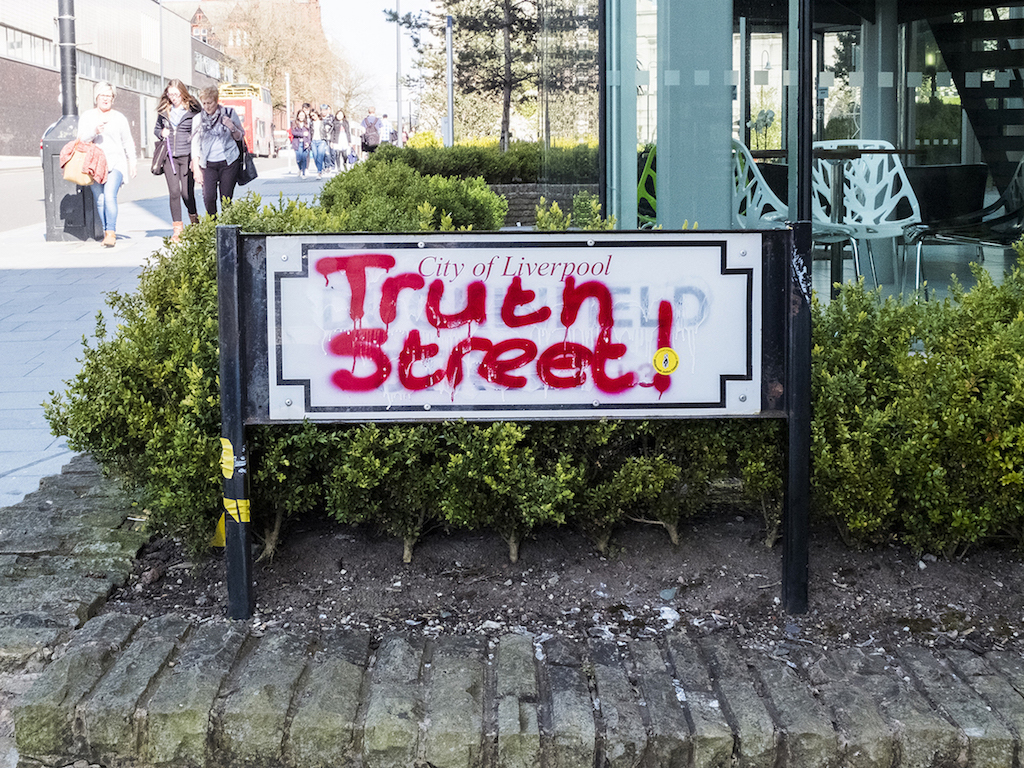Almost two years ago, Chancellor George Osborne stood inside Manchester’s Museum of Science and Industry and declared the country’s need for a new improved north of England. “Today I’m setting out the Northern Powerhouse, so we can deliver a real improvement in the long term economic performance of the North,” he said and, if closing libraries/failing to deliver pledges/systematically underinvesting in an area to the point of breaking makes somewhere a Northern Powerhouse then, yes, what a rip-roaring success it has been.
But enough about him. The real Northern Powerhouse – a team consisting of Leeds indie bookstore Village, photography project Preston is My Paris and Newcastle-based photographer Aaron Guy – is at the Tate Modern this weekend as part of Offprint 2016: an independent publishing fair with a focus on photobooks. Showcasing a series of new releases, alongside the finest work they have gathered during the last 12 months, it is a collection that proves – as if it really needed proving anyway – that you don’t need to be in that London Powerhouse to make great art. But don’t just take our word for it. Have a read as Preston is My Paris co-founder, Adam Murray, talks us through the work below.
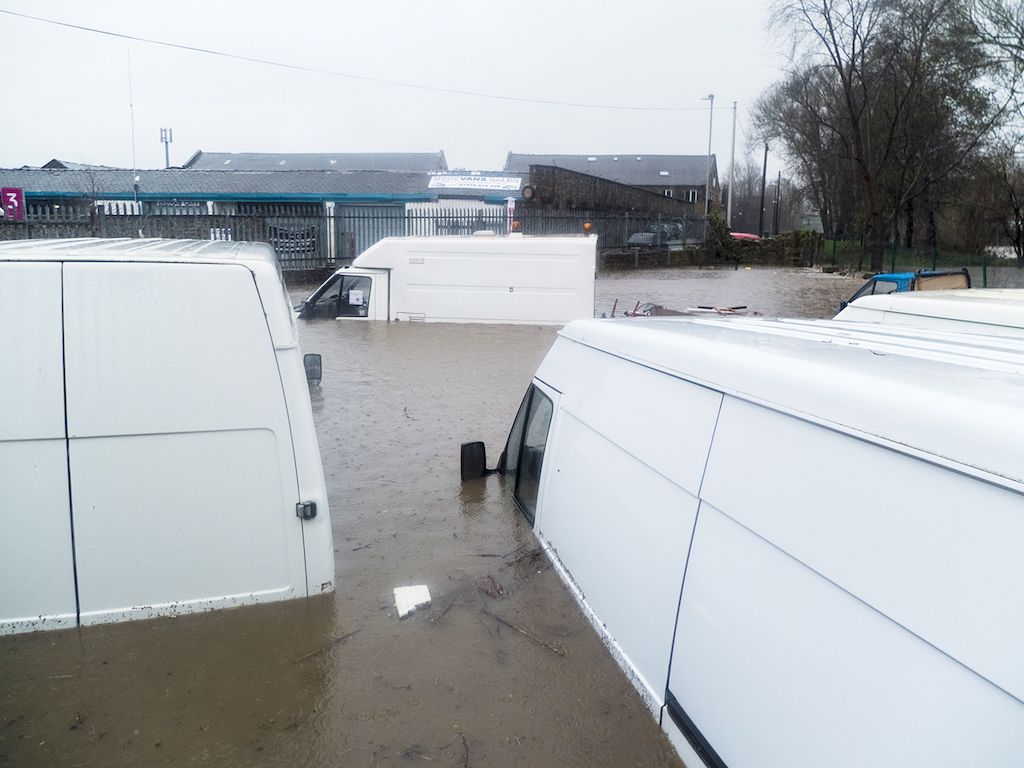
Hello Adam. What is Preston is My Paris?
Preston is My Paris is me and Robert Parkinson. We set up in about 2010 as a self-published zine project, just to generate some interest in Preston as a city because we lived there for many years. We worked with people like Jamie Hawkesworth on different projects and sort of developed it from being a black and white photocopied zine.
For the benefit of people who have maybe never been to Preston, can you explain what it’s like?
Preston is just a city. I think it got city status as part of the millennium, but it’s in kind of a difficult situation in that it’s got competition from places like Manchester and Liverpool, which are obviously far bigger and more exciting. And it’s also competing against places like Blackpool and Wigan which already have sort of an identity and general consciousness. Preston’s just this kind of place that no one’s quite sure what it does or what it’s famous for, apart from the bus station really.
So what was the thinking behind the name Preston is My Paris?
We nicked it from a Clarks advert! They shot a series of ones like “Nottingham is my New York”. Really close up images of a man and a woman frolicking through a park and all this kind of stuff and then they zoom out and it’s actually Nottingham. We nicked that because it kind of summed up what we are about really.
And what was that?
That you could just be anywhere to make it good. And that you don’t have to be in London or Paris or wherever to make interesting work. That was the main thinking. I teach and with students, particularly in Preston, you get a sense that always got this idea that there’s something better somewhere else, or that their mates in London or Manchester are having a far more exciting time. Whereas people like Jamie [Hawkesworth], he developed his whole early portfolio there. And that worked because he was going to London with a portfolio of work from somewhere nobody had even heard of. So it was just a nice change, I think.
How about that Northern Powerhouse, cities and towns in the north of England pooling their strengths… Is that a good idea?
I think it’s a balance. I mean, we’re always making a bit of a joke and constantly playing on the fact that we’re from up here. But hopefully there is that sense that, people can see that you can be up here and do stuff without necessarily having to be in London. And because there are relatively few things up here, you do sort of have to combine yourselves really. And the train from Leeds to Manchester is only 50 minutes. It’s not that different to someone in north London wanting to visit someone in Charlton.
What was the thinking behind your own contribution to Offprint, The North West 2?
That’s me and Robert. We’d sort of stopped all the zine stuff, just concentrated on bigger scale projects, but then last year we kind of felt like we’d gone a bit too far almost, in the sense that things had got a bit bigger and things were quite ambitious. So we thought we should do a new series of zines. We pulled together our images from the last couple of years, not just of Preston, did an edit and launched the first issue last year. And the second issue’s ready for Offprint. It’s got Liverpool, Manchester, Barrow-in-Furness, I think’s in there. Lytham. Burnley as well. Some of it’s fun night out stuff, then there are other bits like that Truth Street in Liverpool one. I teach at the uni there. The building’s on Duckenfield Street, which is the name of main police guy in the Hillsborough inquiry, and overnight someone scribbled out his name and put Truth Street on it instead.
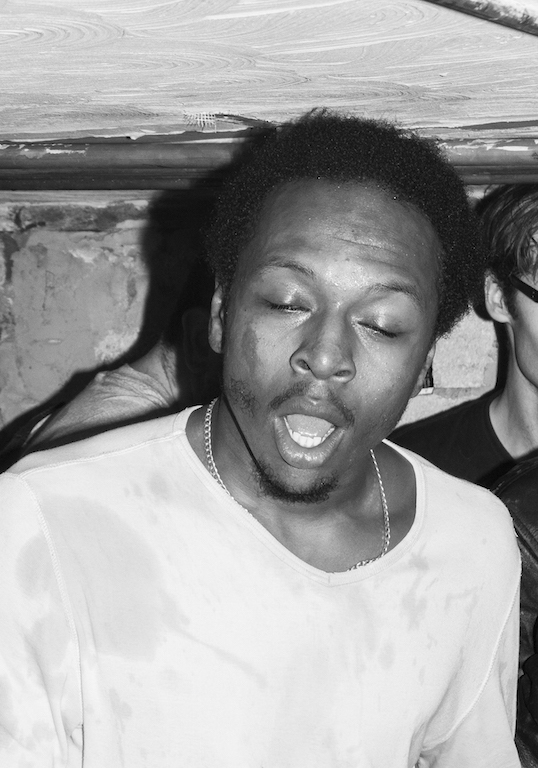
Robert worked on a release called Notice too, right?
Yeah, him and Aaron Guy, who lives in Newcastle. There was a commission in Newcastle for photographers and artists to propose work with different community groups in the North East and it formed an exhibition in a place called Woodhorn, which is an old colliery that’s been converted into a heritage centre for mining and the community around it. Their group that they worked with was a social club called Guide Post Social Club, which is in a relatively poor area of the North East and it was about going into a social club in this day and age and working out how to do a project about the culture of a club which wasn’t nostalgic and didn’t make it look like this kind of quaint little thing. It deals with how the people in the club would want to be represented and I think they spent a lot of time chatting to the people that go about it. How they weren’t just going to objectify and how it could be a collaborative thing.
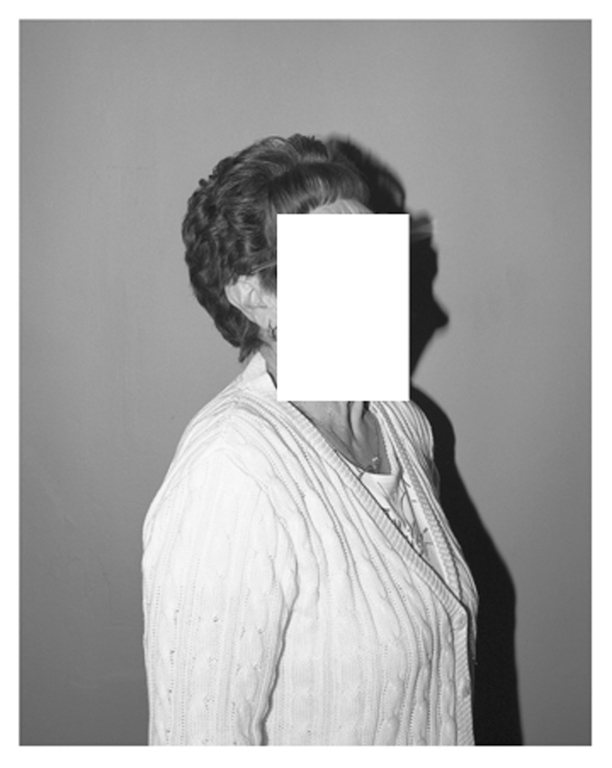
That’s interesting. I remember reading something about Martin Parr and his pictures of New Brighton. When he first showed them in London, they were really criticised for objectifying the working classes. Then when he showed them in Liverpool everyone loved them!
It’s really interesting, I think that’s what’s nice about this, because the images were displayed as an exhibition in the Colliery Museum. It’s on display at the minute in the BALTIC in Newcastle, but then we’re obviously bringing the book to London in a very different context again. So it’s interesting how different audiences will engage with it.
How about the Simon Foxton one, Pages From My Scrapbooks. How did that come about?
I’ve been doing this North project on SHOWstudio. Lou [Stoppard] and I interviewed Simon for one of the films – he grew up in Berwick-upon-Tweed – and we just kept in touch. You know, he could do a massive hardback huge monograph couldn’t he, and it would be popular because the work’s so interesting. But this is, like, small scale A4, 20 or 30 pages, just literally pictures of his scrapbooks collated together. Simple really. And I think it’s quite nice that he hasn’t really sold it anywhere or done a big launch or anything like that. It’s just quite a nice little personal thing.
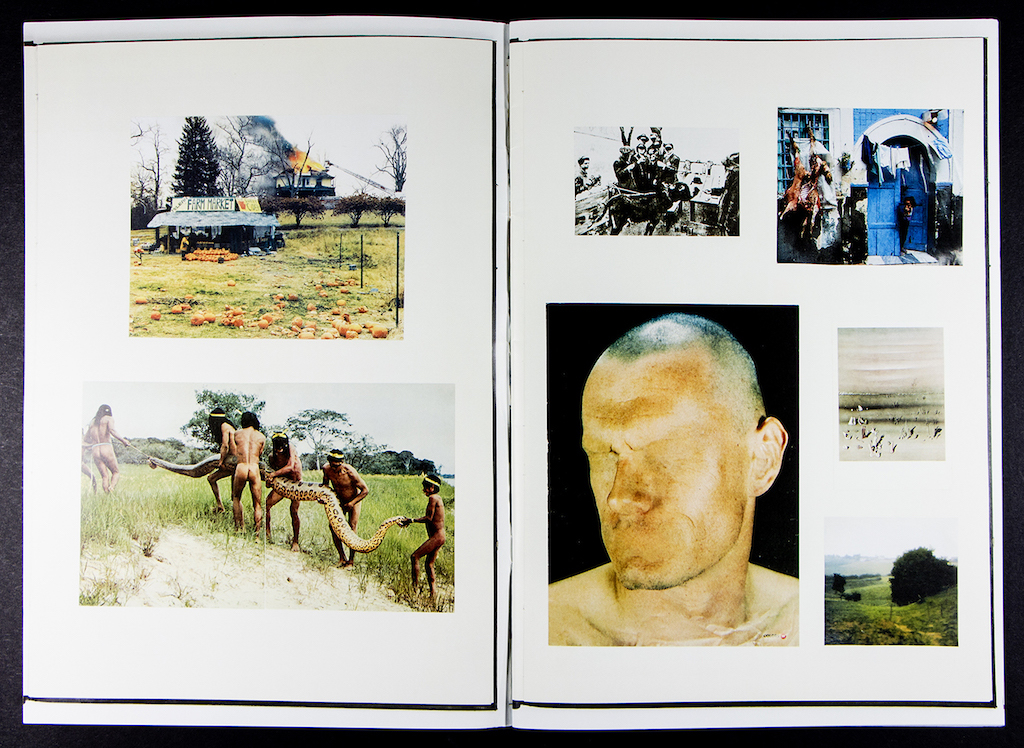
The last one, Post-Script by Laura El-Tantawy, is a little different, isn’t it?
Yeah, it is different. But I think it’s important just to show the sort of level that people like Village are working at really because there’s always that sense that being up here, it’s nice but you’re kind of doing small scale things and everyone is content. But it’s important that somewhere like Village gets the sort of recognition in terms of what they’re doing, developing a name and attracting high level people. Laura has been shortlisted for the Deutsche Börse photography prize and they approached her about doing a signing for her new book with them. Now being nominated for that and with the event happening in London she could have done it with a lot of people really but, you know, she chose to do it with Village. So the work is very different in the sense that it’s obviously in Egypt and a larger scale. The original project, which she got short-listed for, took place over 10 years growing up in that area and seeing how things were changing and the political movements growing and growing.
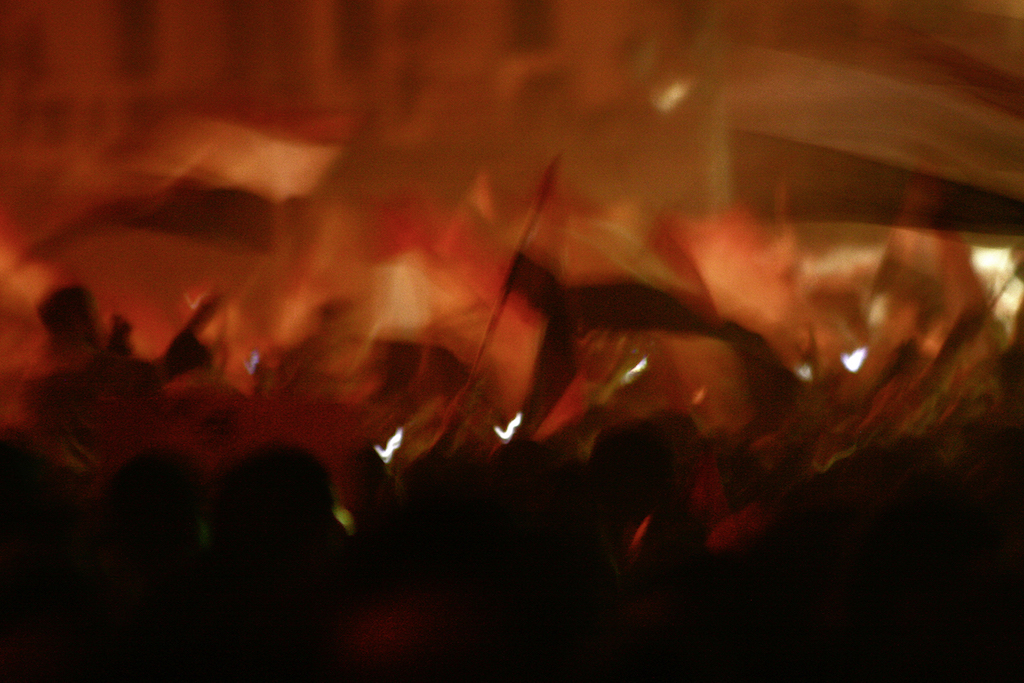
What is it about the North that makes it so conducive to creativity, Adam?
Someone else asked a similar sort of thing, about why there seems to be a disproportionate amount of high end fashion practitioners with some heritage in the north. I think the main thing for me is the distance from everything. I lived in London for a year about five or six years ago I think there’s a real danger that you can get proper swept up in whatever area you’re in, whether it’s music or fashion or art. You get completely engrossed by that world, I suppose, because there’s always things on and there’s always events or parties or you’re hanging around people that are very interested in the same things as you. Whereas I think growing up here or living her, there’s that nice kind of distance from things where you do have more space to be able to produce things at perhaps at a slower rate, or more considered rate. And also you can just live up here so much cheaper. So you do get the space and you do get the facilities if you want them and new starting points I suppose. New areas, new references, new ideas. I think that’s what makes it interesting to me.
Northern Powerhouse: Village / PPP / Aaron Guy is at Offprint London till this Sunday (22 May); Laura El-Tantawy will be signing copies of Post-Script tomorrow (20 May) at 3pm.
Credits
Text Matthew Whitehouse
